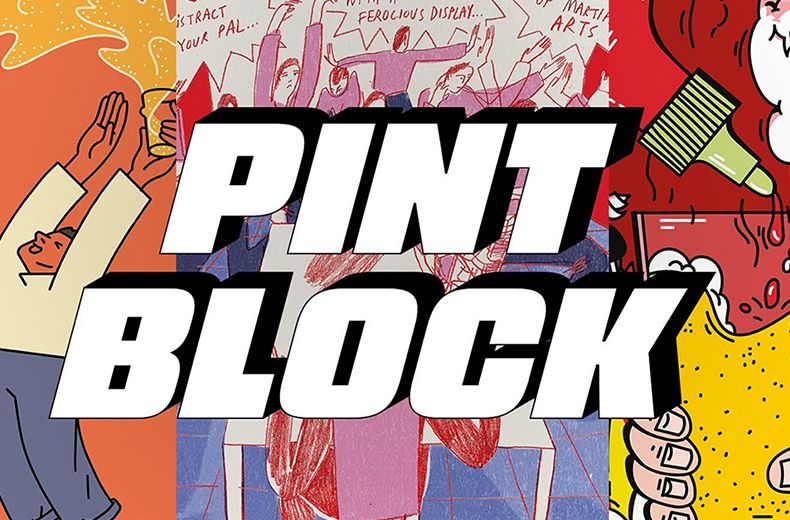According to government research, a third of people don’t think it’s important to intervene if someone they know is planning to drink and drive.
While the majority agreed that drink-driving is unacceptable, only 64% said it was important to step in to stop a friend drink-driving. That number drops to just 45% for young males.
Figures show that a staggering 60 young drivers aged 17-24 are killed or injured each month in the UK while found to be driving over the legal alcohol limit, and young males are over represented in alcohol-related deaths and serious injuries on the road.
To address this problem, THINK! has launched a campaign calling on young men to intervene and ‘Pint Block’ their mates.
The campaign uses social and online video, and messaging in pubs, bars and sports clubs, to bring the message to life through a series of humorous and surreal interventions.
This follows a move in recent years to focus THINK! activity on young men aged 17-24, who are four times more likely to be killed or seriously injured on the road than drivers aged 25 or over.
To launch Pint Block, THINK! has commissioned 60 unique Pint Block illustrations by young artists from across the country – one for each of the 60 young drivers killed or seriously injured when found to be driving over the limit every month in the UK.
The Pint Blocks, which involve everything from Mexican waves to mosh pits, are a tongue-in-cheek way to spread the message that it’s okay, and indeed important, to step in and stop a friend from drinking alcohol if they are intending to drive.
- Drink-drive limits: Everything you need to know
- Reporting dangerous driving - how to recognise and report reckless driving
- From dehydration to jetlag: 4 everyday things almost as bad as drink-driving
Transport Secretary Grant Shapps said:
"Those who drink-drive put both themselves and others at risk. While there has been a long-term reduction in drink-driving since 1979, we are determined to reduce this number even further.
Our THINK! Pint Block campaign is about empowering young men to step in and stop their mates drink-driving, but it also carries a message for all of us that it’s important to intervene if someone we know is planning to drink and drive."
Following the 2020 publication of government data on drink-drive casualties in Great Britain, RAC spokesperson Rod Dennis said:
"As these figures clearly show, the scourge of drink-drivers remains a serious problem in Great Britain. For nearly a decade there has been virtually no progress in reducing the number of fatalities involving a driver over the limit.
"A reduction in the drink-drive limit in England and Wales could be a better deterrent for some of these drivers, but there is also a clear need for more roads policing officers and stronger measures to tackle re-offending. On a more positive note, we know the Government is considering the use of 'alcolocks' which would be fitted to vehicles to stop past offenders from getting behind the wheel when over the limit."
Have you ever tried to stop someone you know from drink-driving? How did you approach it? Please share your experience in the comments below.

Breakdown cover from £5.29 a month for Standard cover*
• Cheaper than AA Price Promise or we’ll beat it by 20%^
• We get to most breakdowns in 60 mins or less
• Our patrols fix 4/5 breakdowns on the spot







